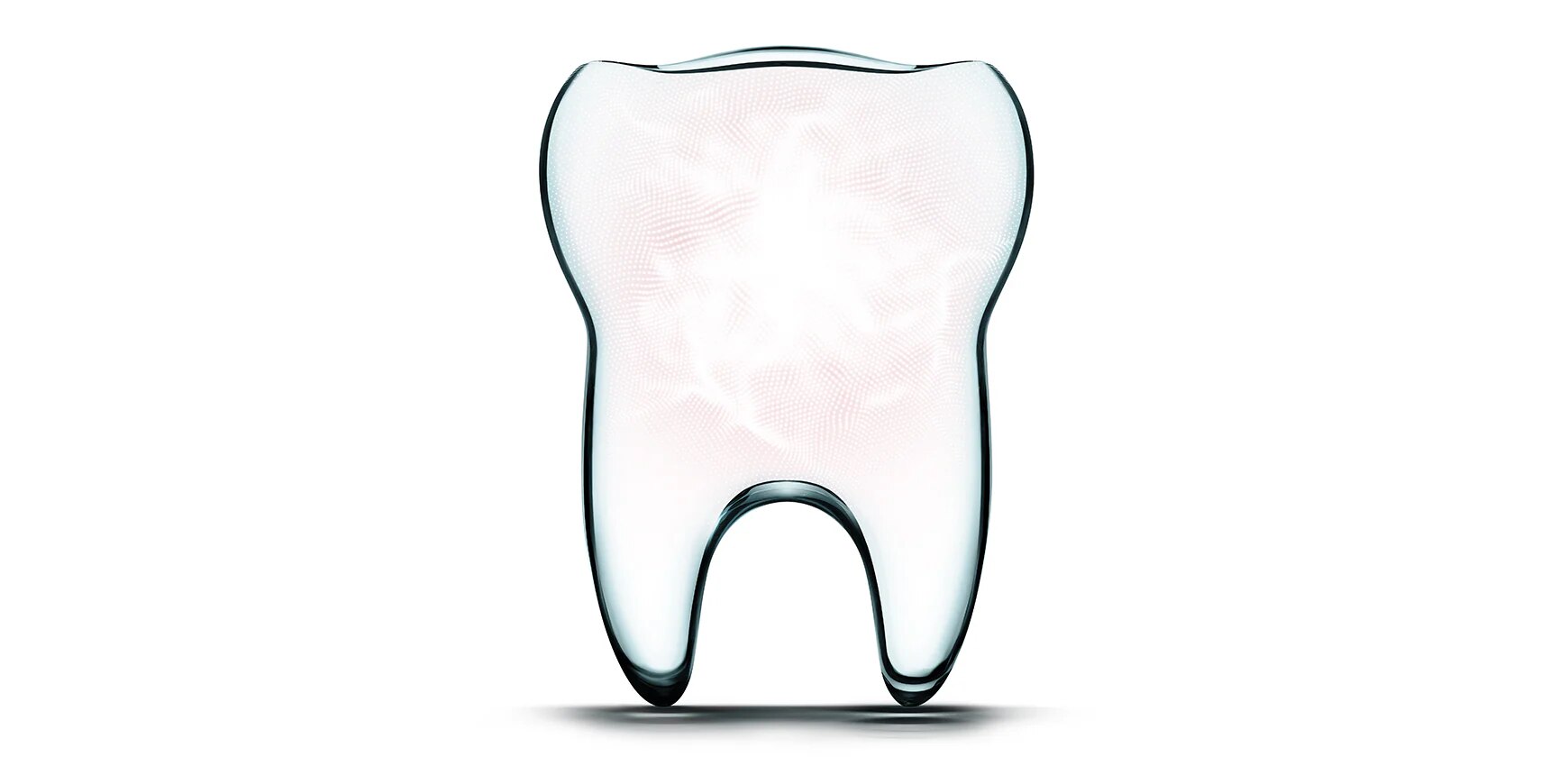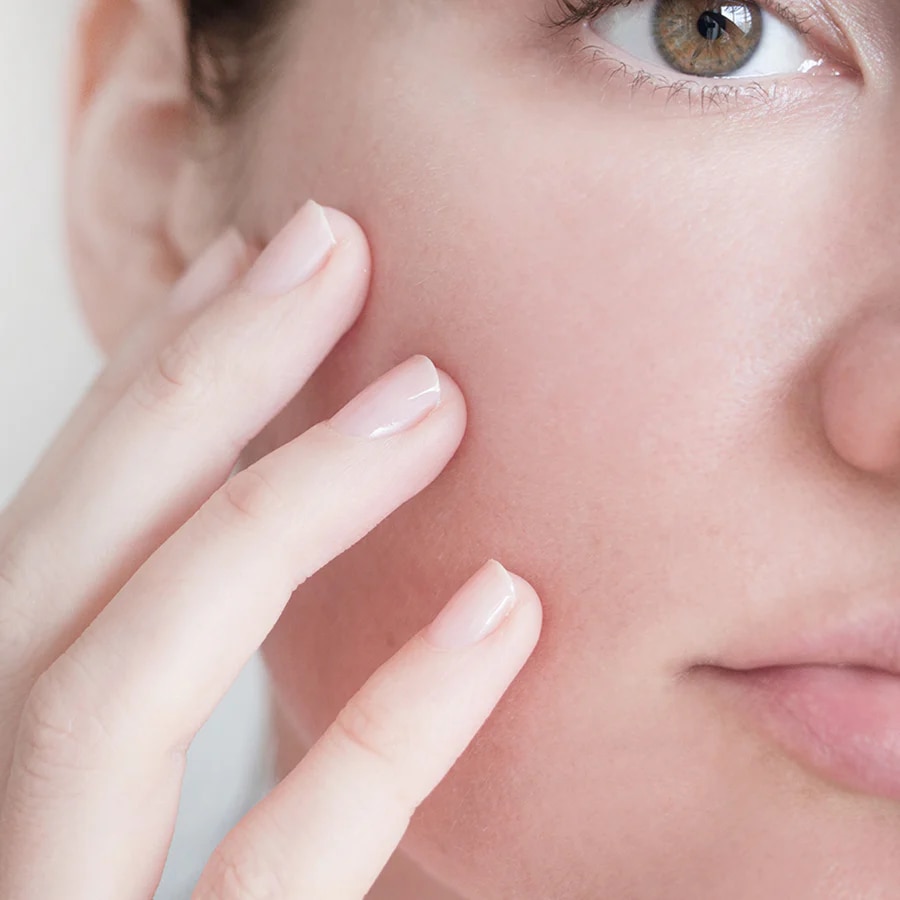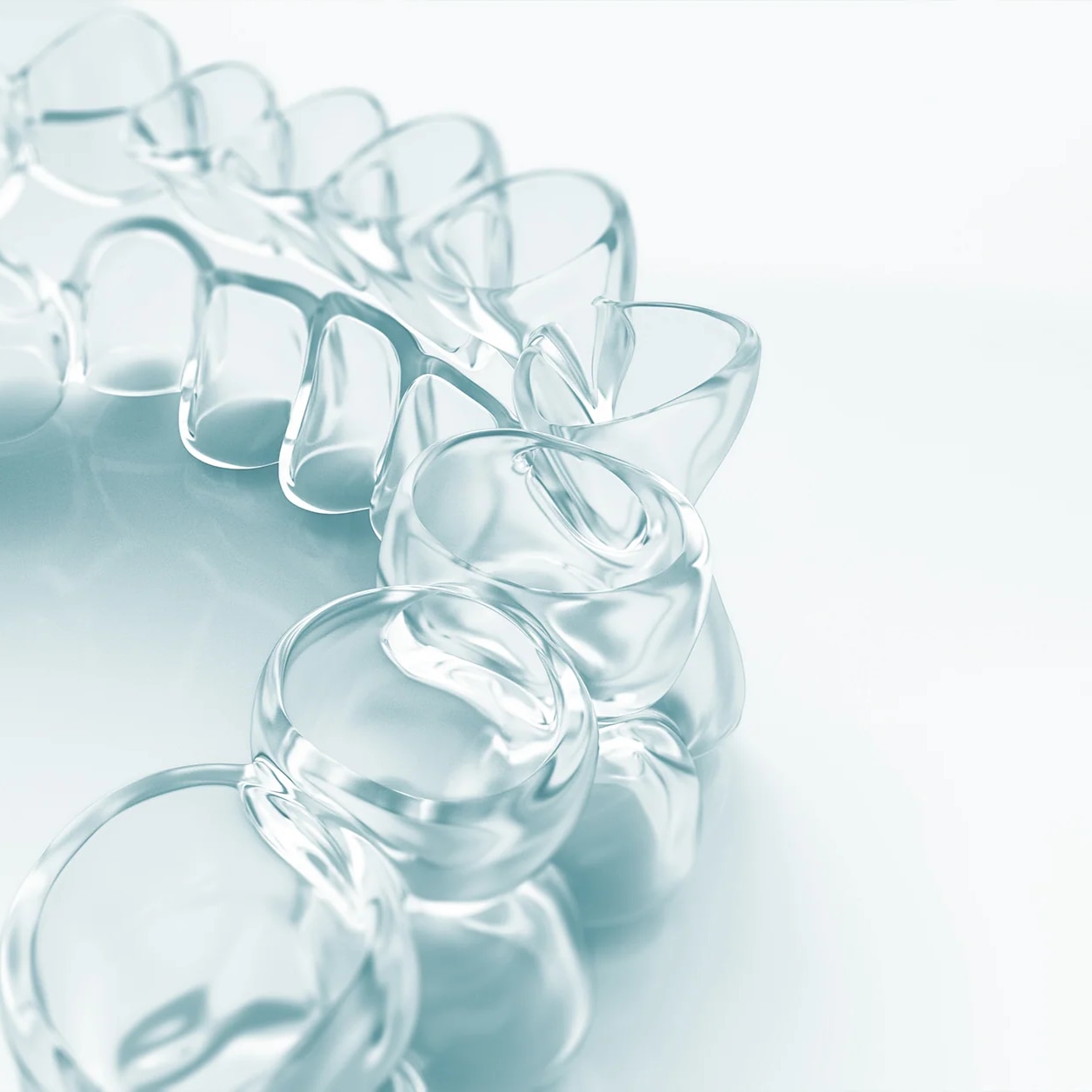If you’re worried about yellow or stained teeth, then whitening your teeth may be a way to restore confidence in your smile. But can you whiten sensitive teeth? And how do you provide relief for sensitive teeth after whitening? This article aims to answer all your questions surrounding sensitive teeth before, during, and after whitening. Although we can offer advice and tips, contact your dentist if you are worried about tooth sensitivity or damage.
Can sensitive teeth be whitened?
Generally speaking, sensitive teeth can be whitened but it’s important to consult your dentist beforehand as they can offer advice on the best option for your teeth. Whitening your teeth can increase tooth sensitivity, so it is important to understand the risks specific to your teeth.
A great way to prevent pain due to dentin sensitivity (the scientific term for hypersensitivity) is to use a toothpaste specifically designed to treat hypersensitivity and help protect your enamel and keep it strong and healthy. Using a toothpaste like Regenerate™ NR-5+ Hypersensitivity Toothpaste could be useful in treating sensitivity after whitening if you already suffer from dentin sensitivity. Formulated with the patented NR-5+ intensive care formula, this toothpaste deeply rescues exposed hypersensitive areas, blocking pain response from the nerves.

Is teeth whitening safe for enamel?
Tooth enamel is the protective layer of your teeth and it is important that it is protected. Generally speaking, whitening your teeth is not dangerous for your enamel; however, some methods can cause the enamel to soften and render your teeth more vulnerable¹. Make sure you speak to your dentist before whitening your teeth, whether professionally or at home, as they can recommend products for enamel safe whitening.
Can you whiten teeth without enamel?
Enamel loss can occur for a number of reasons, from genetic disorders to diet, causing teeth to appear discoloured. For this reason, you may be wondering whether it’s possible to whiten teeth without enamel. However, whitening teeth with enamel loss is generally not recommended, as these teeth are already exposed and weakened and products containing bleach or harsh chemicals can further weaken the enamel your teeth².
How to provide relief for sensitive teeth after whitening
Increased sensitivity is common after teeth whitening due to the chemicals involved, and the intensity can vary depending on the particular method used. If you are experiencing pain and sensitivity after whitening, it is important to seek advice from your dentist.
The best thing for sensitive teeth after whitening will vary depending on your personal oral care needs. If you are looking for relief for sensitive teeth after whitening, you can try a toothpaste designed for sensitive teeth. However, if you are already suffering from hypersensitivity, you could try Regenerate Hypersensitivity Toothpaste; it’s clinically proven to treat hypersensitivity and stop pain. Its patented NR-5+ Intensive care formula deeply rescues the exposed hypersensitive areas by regenerating enamel mineral.
Here are some other ways to stop sensitive teeth after whitening:
- Use a soft bristled brush with lukewarm water, rather than cold water, and brush gently in circular motions, rather than side to side.
- Avoid particularly hot and cold drinks in the first few days after whitening.
- Some people prefer to drink through a recyclable straw for the first couple of days, as this stops hot or cold liquids coming into contact with your teeth, and also helps to prevent staining.
Remember, if you are experiencing increased tooth sensitivity or dental pain, it is important to seek advice from your dentist.






